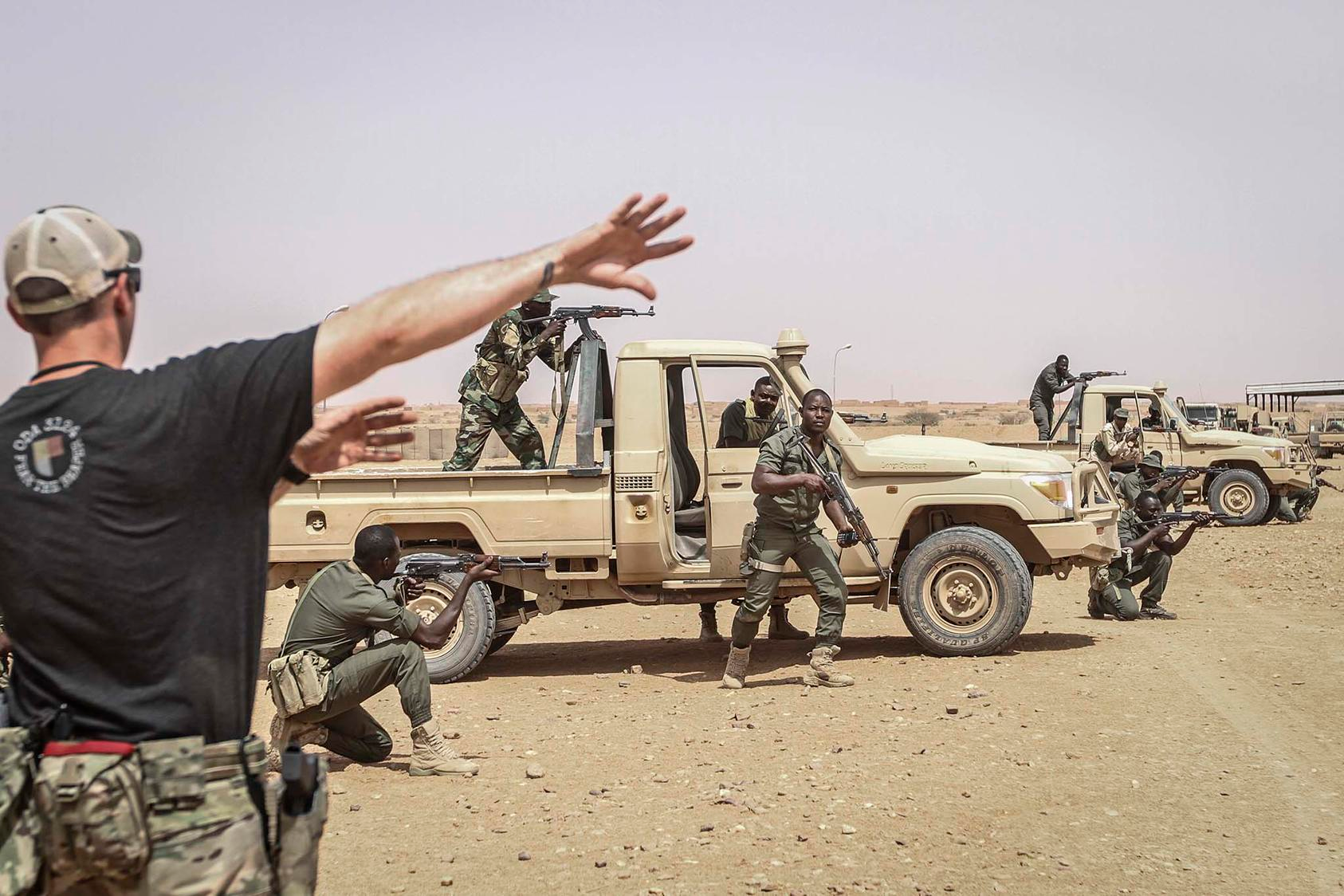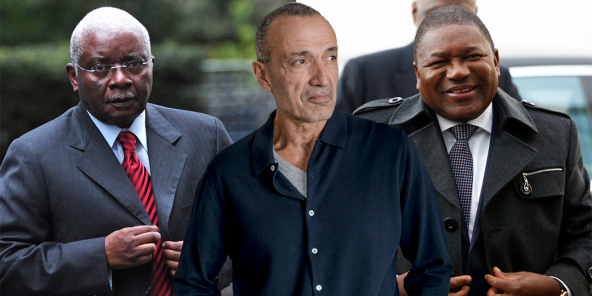Syrian Refugees In Germany Want Citizenship And Political Representation – Analysis
Even though Syrian refugees have been integrated relatively faster in Germany, social integration continues to be a challenge in the labour market.
Tareq Alaows, a Syrian who studied law and international affairs in Damascus, ended up as a refugee in Germany. Along with hundreds of thousands of others, Alaows protested against the Syrian government and called for an end to political repression, better education, and economic opportunities. But along with 5.5 million compatriots, he had to flee his home country.






